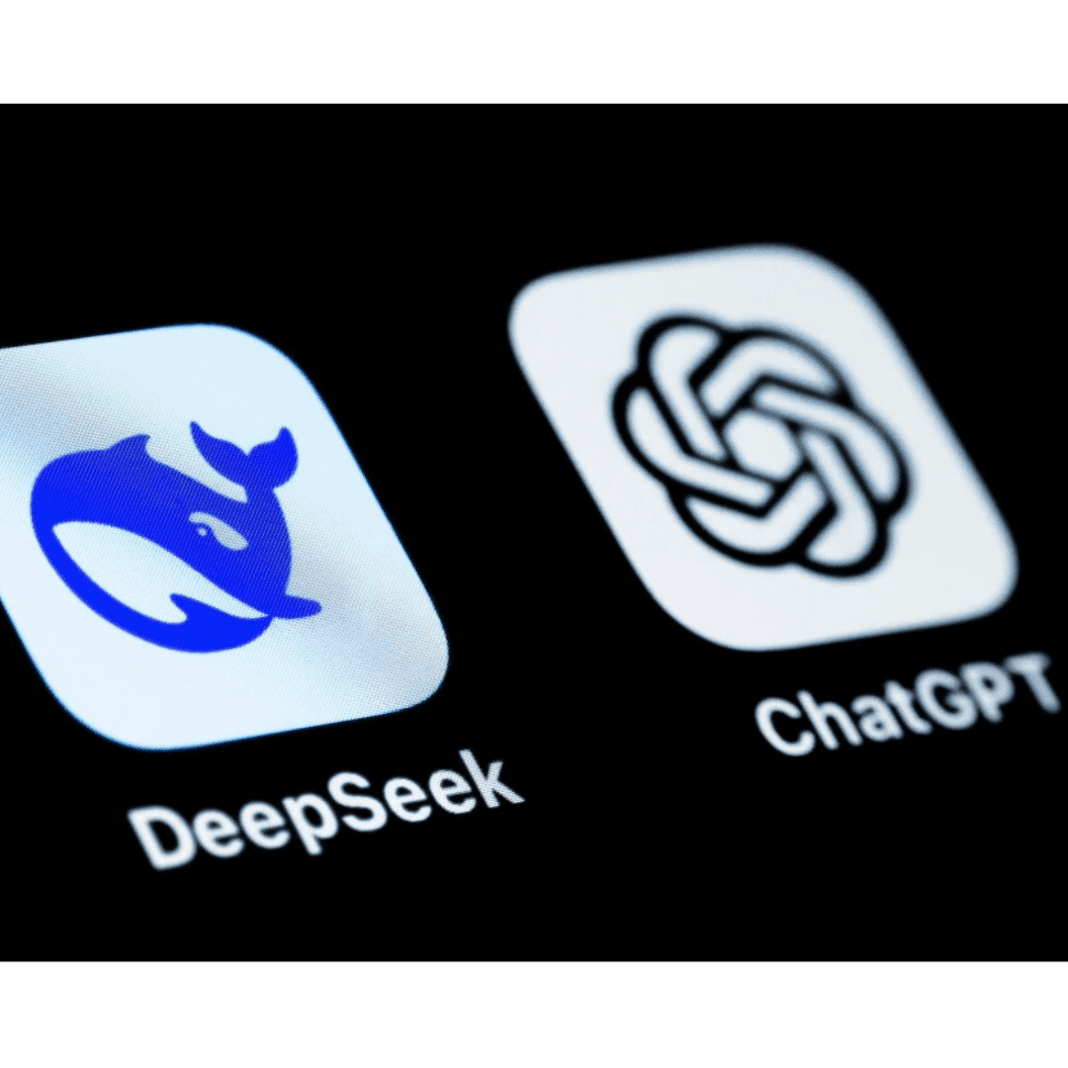The Battle for AI Dominance
OpenAI, which created ChatGPT, warned the US government about China’s growing strength in artificial intelligence (AI). In a letter, OpenAI said DeepSeek, a Chinese AI company, is rising fast and could threaten America’s AI lead.
DeepSeek launched its AI model, R1, in January. It is powerful and low-cost, attracting businesses and governments worldwide. OpenAI argued that this development shows how China is closing the gap in AI research and innovation.
The company said the US still leads in AI, but the advantage is shrinking. OpenAI urged the government to take action to ensure that America remains ahead in AI technology.
Security Concerns and Risks
OpenAI also raised concerns about security threats linked to DeepSeek. OpenAI warned that the Chinese government could influence or control DeepSeek, posing a risk that the AI model might be used for political or strategic purposes.
The letter said governments and organizations could use DeepSeek’s AI in power grids, transport, and communication. If such technology falls under government control, OpenAI warned, it could pose a significant risk to national security.
Some organizations have already taken steps to limit DeepSeek’s influence. The US Navy advised its members not to use the AI, and Taiwan has banned its use in government agencies. OpenAI also claimed that DeepSeek’s AI is more willing to generate responses that could be used for illegal activities, such as identity fraud and intellectual property theft.
China could use DeepSeek as a geopolitical tool, offering AI to other countries for economic and political benefits. This could be similar to China’s existing Belt and Road Initiative, where the country has spent over a trillion dollars on infrastructure projects worldwide.
OpenAI’s Policy Suggestions to the US Government
Along with the warning, OpenAI also suggested ways for the US to maintain its leadership in AI. The letter was a response to a request from the White House’s Office of Science and Technology Policy for public input on AI policy.
One key recommendation was reducing regulations for American AI companies. OpenAI argued that strict laws could slow down innovation and make it harder for US companies to compete with China.
The company suggested making it easier for AI firms to train models using copyrighted material. It claimed that limiting access to such materials could restrict AI development and slow down progress in the US. However, this is a controversial topic, as many authors, news outlets, and artists have sued AI companies for using their work without permission.
OpenAI emphasized that the US government must find a balance between protecting copyright holders and allowing AI models to learn from existing content. It said strict copyright laws could slow US AI models, giving China an advantage.
OpenAI’s warning shows the fierce AI competition between the US and China. The stakes are high, and the race for AI dominance is far from over.




